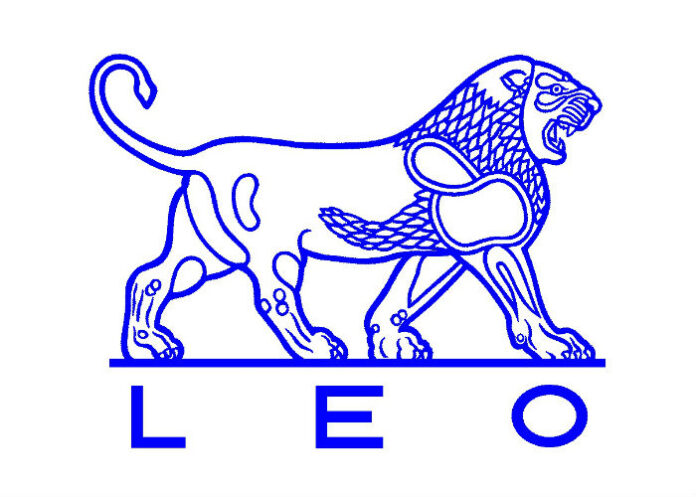BALLERUP, Denmark– LEO Pharma A/S, a global leader in medical dermatology, today announced results showing that after two years of continuous treatment with Adtralza, adult patients with moderate-to-severe atopic dermatitis maintained improvements in signs and symptoms, itch severity and sleep interference.1 Findings were shared as an oral presentation during the European Academy of Dermatology and Venereology (EADV) Congress 2021.
The interim analysis investigated continued treatment with Adtralza as well as the ability to regain response after pausing and reinitiating Adtralza.
“Atopic dermatitis is a debilitating disease that can cause severe itch and discomfort for decades. As clinicians, we’re always looking for additional long-term treatment options that could offer consistent results over time for our patients,” said Andrew Blauvelt, MD, MBA, President of Oregon Medical Research Center in Portland, Oregon, and lead investigator for ECZTEND. “The data being presented at EADV are very encouraging because they showed that patients treated with Adtralza maintained improvements in signs and symptoms of atopic dermatitis over several years.”
Long-term efficacy outcomes were assessed in patients (n=345) who had received two years of treatment with Adtralza, including the full 52 weeks in the pivotal Phase 3 parent trials (ECZTRA 1 and 2) and 56 weeks in the ECZTEND trial.1 Patients were split into three cohorts based on the length of time between their last dose of Adtralza in the parent trial and their first dose in ECZTEND. Continuous treatment was defined as ≤5 weeks between the last dose in the parent trial and the first dose in ECZTEND (n=126), interrupted treatment was defined as 6-15 weeks (n=133), and >15 weeks (n=86) was considered a full washout of treatment.1
Patients who received continuous treatment with Adtralza over two years reported a high level of long-term control in atopic dermatitis signs and symptoms, as demonstrated by a median Eczema Area and Severity Index score (EASI) improvement from parent trial baseline of 92.7%.1
Maintenance of improvements in patient-reported outcomes, including pruritus (itch) severity and sleep interference, were demonstrated at two years as well. Itch severity and sleep interference were reported using a Numeric Rating Scale (NRS) of 0-10. Patients who received continuous treatment reported improvements in itch severity, with worst weekly NRS score for median pruritus, shifting from severe itch (8.1 out of 10) at parent trial baseline to mild itch (3 out of 10) following two years of treatment.1 These patients also reported improvement in median sleep interference, from severe sleep interference (7.3 out of 10) at parent trial baseline to mild sleep interference (1 out of 10) in ECZTEND.1 During the parent trials, patients recorded their daily itch and sleep interference, and weekly averages of scores were used. During ECZTEND, worst itch severity and sleep interference of the previous week were reported.
“The sustained response over two years further adds to the long-term efficacy profile of Adtralza,” said Jörg Möller, Executive Vice President, Global Research and Development, LEO Pharma. “We are proud to offer a treatment that shows sustained response across both clinical and patient-reported measures of atopic dermatitis such as itch reduction and sleep interference, which create a huge burden for patients living with this chronic disease. Understanding the needs of people living with skin diseases is key to bringing new treatment options that improve their lives, thereby fulfilling our purpose of advancing the standard of care in medical dermatology.”
A decline in the median EASI percent improvement was observed in the washout cohort within the period without treatment. After one year of treatment in the parent trial, results showed a median EASI percent improvement of 86.9% compared to baseline. Following the washout of treatment (>15 weeks), median EASI percent improvement (vs. parent trial baseline) declined to 68.6%. A median EASI percent improvement equivalent to response at one year in the parent trials was regained within 12 weeks from treatment re-initiation with tralokinumab in ECZTEND.
The safety of Adtralza treatment was also assessed in this interim analysis and results were consistent with the initial placebo-controlled treatment periods of the parent trials.



